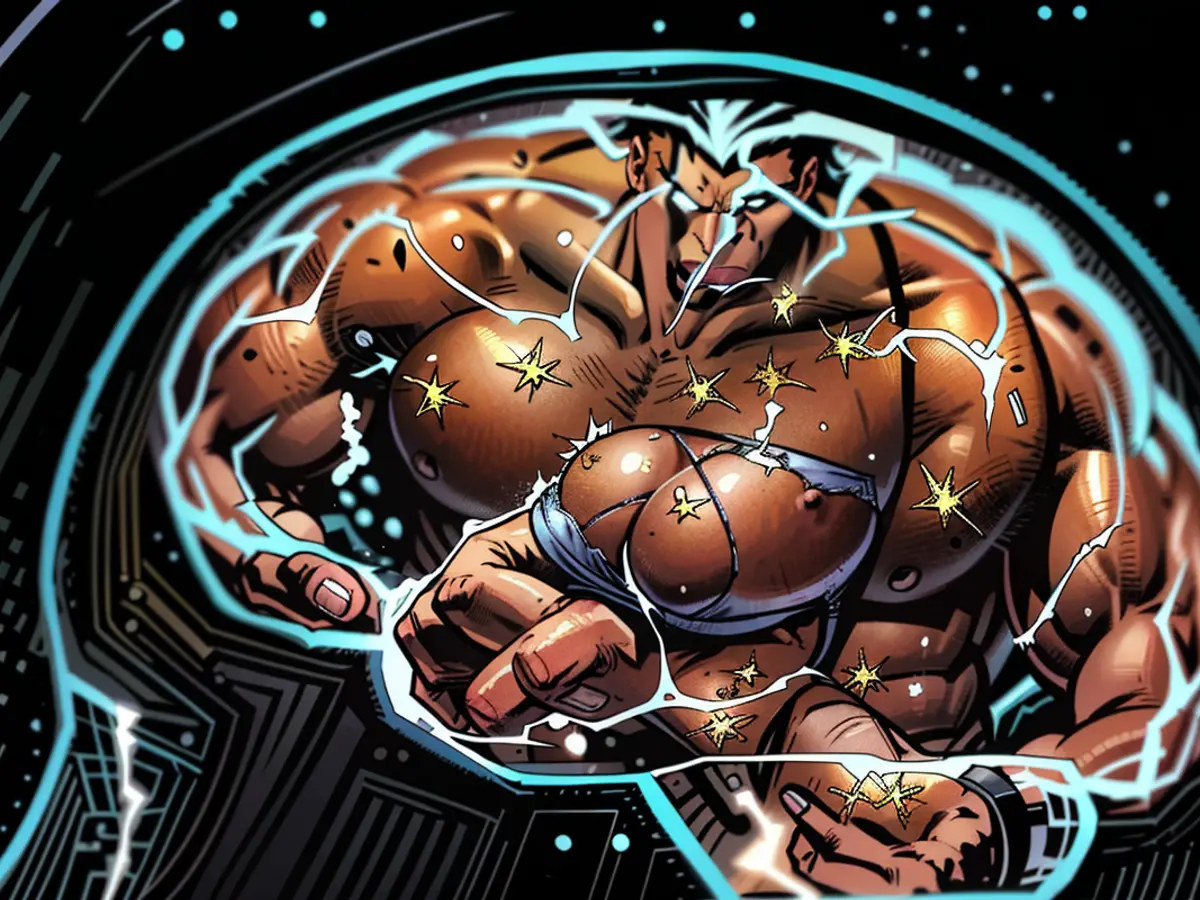Minds aren't primarily designed for prolonged climate preservation.
The climate predicament is past due, yet there appears to be a decline in interest in environmental conservation lately. A neuroscientist sheds light on why this is happening and offers ways to break free from collective self-destructive patterns.
Despite increasing global temperature records and frequent news reports of flooding, drought, and extreme weather events, the enthusiasm for climate protection seems strangely lacking. Neuroscientist Maren Urner, author of the bestseller "Radically Emotional - How Feelings Shape Politics," offers insights in an interview with news agency AFP.
Urner points to our brain's inherent difficulty in thinking and planning for the long term as a major issue. It's challenging to comprehend complex connections that develop over an extended period and alter our behavior accordingly.
Furthermore, the tangible consequences of climate change and their connection to our daily lives can be complex and indirect. According to Professor Urner of the Münster University of Applied Sciences, "just because I'm living a highly CO2-intensive life now, it doesn't mean five trees will fall down next to me."
"Crisis Accumulation"
But why does the importance of climate protection appear to be decreasing instead of growing in public discourse? Urner links it to the current "crisis accumulation," which began with the COVID-19 pandemic, followed by the ongoing conflict in Ukraine, and the Middle East for over a year.
Urner explains that when an "acute stimulus" like a pandemic occurs, climate protection quickly fades into the background. From a survival perspective, this response is "also sensible," as the brain must first ensure survival in the immediate present.
Besides, the deep-seated human need for security also plays a significant role. "When we perceive one crisis after another, or even more so, feel 35 crises happening simultaneously, uncertainty grows," says Urner. "Then what we observe worldwide is the shift towards simple political solutions."
Misguided Decisions and Lobbying
In times of uncertainty, inertial forces intensify, explains Urner. As a result, at least parts of politics and society have not only taken a wrong turn but have made numerous wrong turns in addressing the climate emergency.
These effects are worsened by lobbying from fossil fuel companies and political mechanisms. According to Urner, "false rewards systems encourage short-term thinking and action. Success is often not in line with promoting the common good." This then leads to stories being spun "that define success as something that accelerates our own destruction at an increasing pace."
Hope Persists
Despite the challenges, Urner remains hopeful about escaping the cycle of "collective self-destruction." "If I weren't convinced of that, I wouldn't have the motivation to get out of bed in the morning," she says. The key is to actively hope and work towards a better future. This means not knowing that things will turn out well, but being confident that our actions can contribute to positive change.
The first step is to recognize and understand the aforementioned mechanisms, says Urner. Then it's about "radically honest" conversations about these issues and identifying challenges. Simply acknowledging these mechanisms can be "very liberating."
The next step is to consider "how we want to deal with this now," while taking into account the opposing forces at work. This way, it's possible to rebuild societal and economic structures collectively, emphasizes the neuroscientist. As a result, "new laws will be made because people demand it," she points out. "In the end, it's just about human rules and structures - not like climate change, which is about unchangeable natural laws."
The brain's struggle with long-term thinking and planning, as noted by neuroscientist Maren Urner, contributes to the challenge in fully comprehending and responding to the complexities of climate change. Urner also mentions that the brain prioritizes immediate survival during times of crisis, which can lead to a decline in focus on climate protection.







